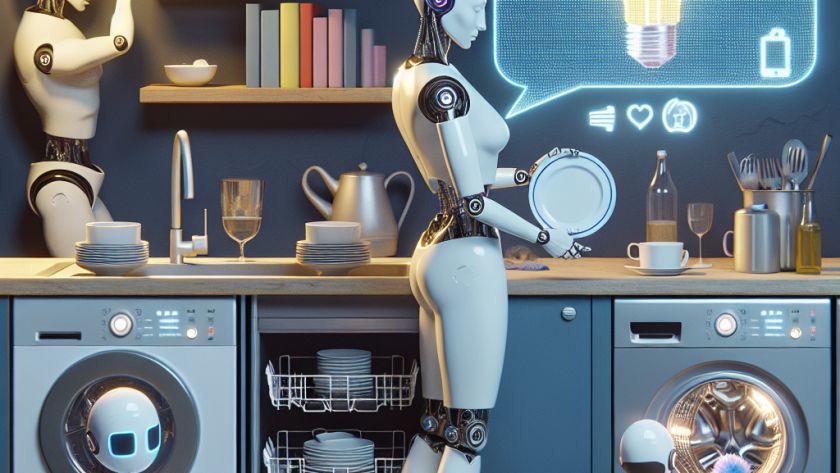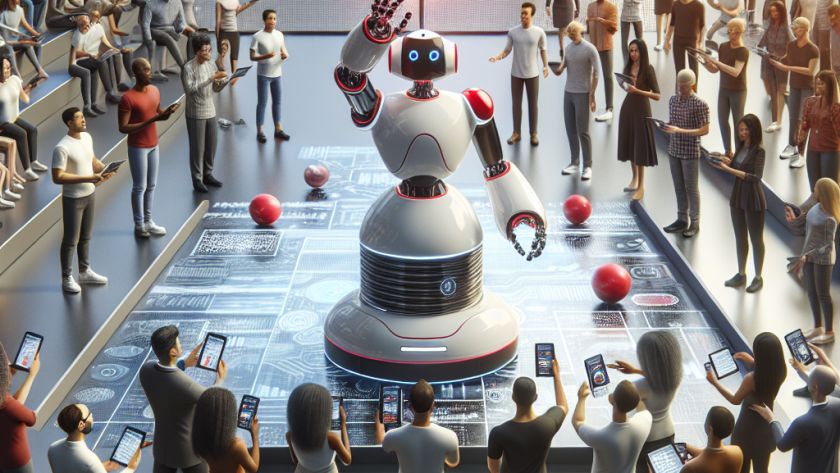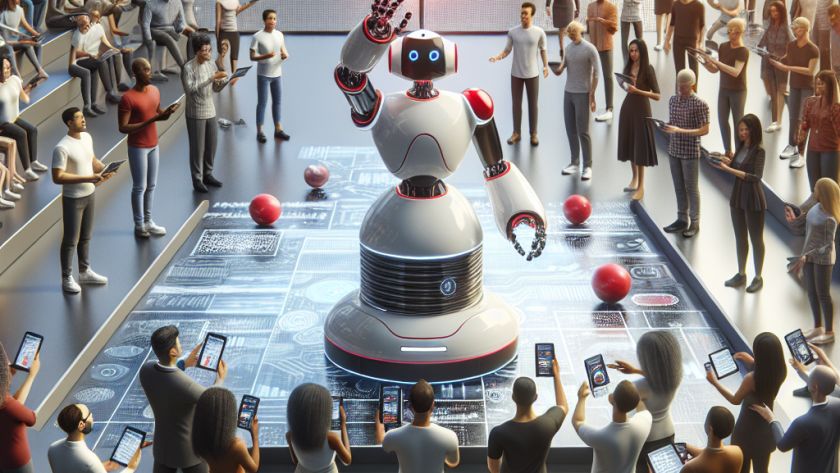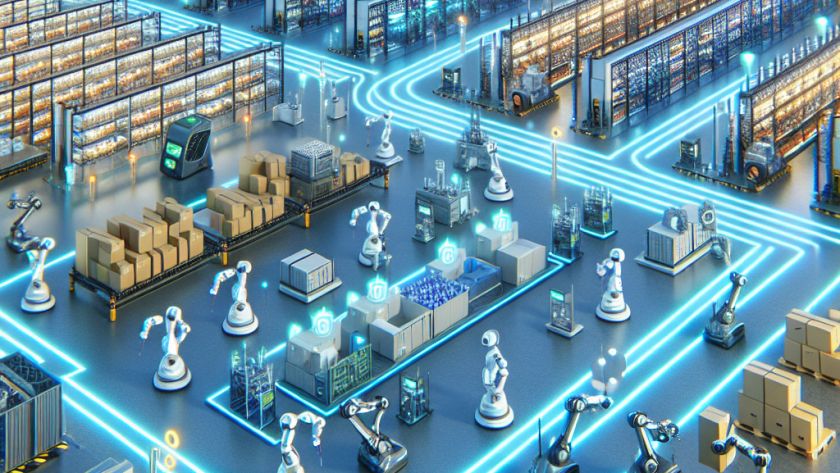Science has shown that physical touch, even with a robot, has health benefits, according to a review and analysis published in Nature Human Behaviour. The study included a comprehensive review and meta-analysis of 212 studies involving 12,966 individuals and intended on ascertaining the health advantages of touch.
The findings showed that physical contact with humans,…





